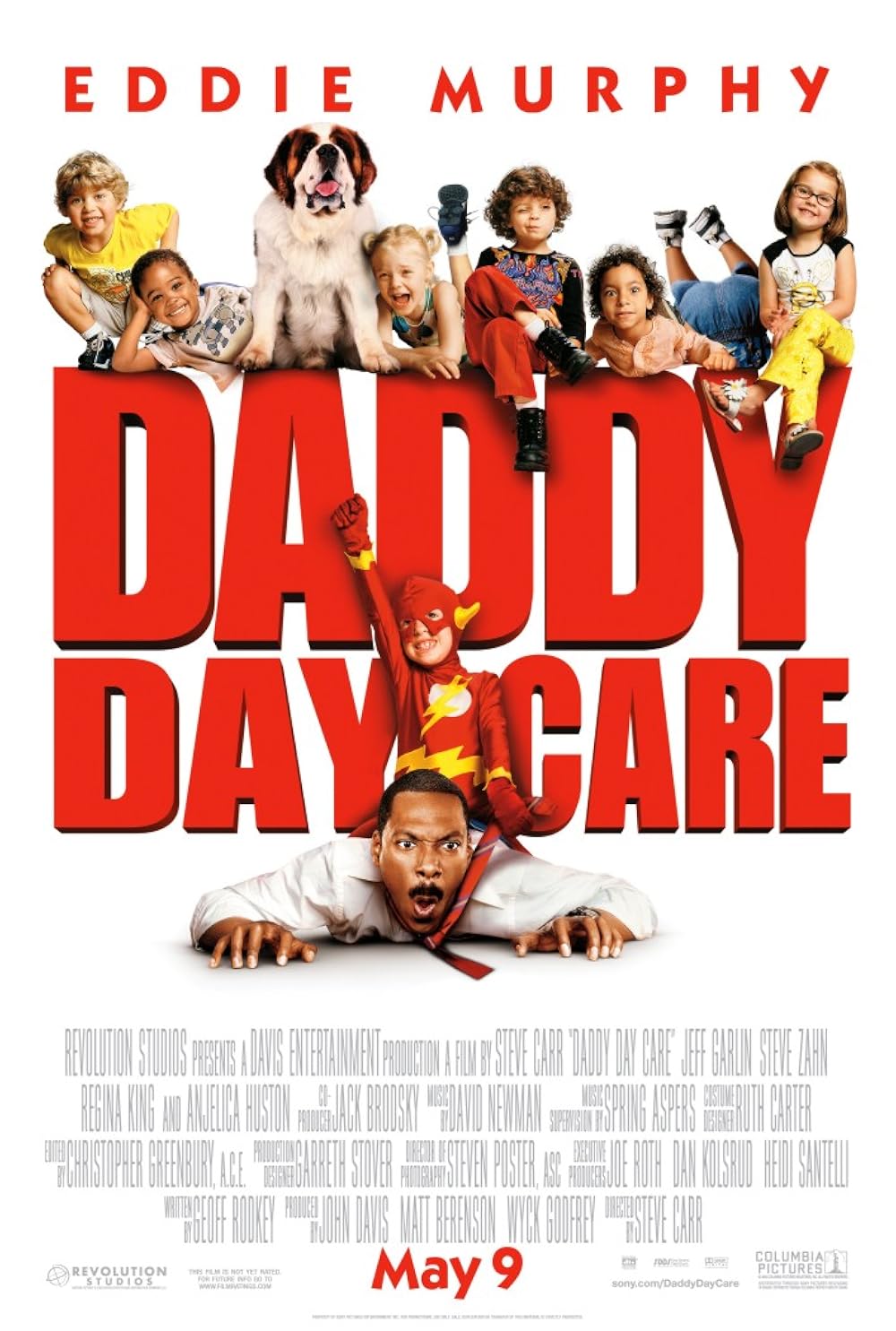Review
Casino is a quintessential Scorsese film—grand in scope, steeped in violence, and dripping with excess. It plunges the audience into the intricate mechanics of mob-controlled Las Vegas, complete with all the glamour and brutality that entails. But while Casino offers plenty to admire, it feels more like an echo of Goodfellas than a truly standalone masterpiece.
The comparisons to Goodfellas are impossible to avoid. Scorsese revisits familiar themes of mob life unraveling under the weight of betrayal, greed, and hubris. We even get two of his go-to leading men—De Niro and Pesci—essentially reprising variations of roles they’ve played before. De Niro’s Ace is all poise and control, the perfect frontman for a mob casino, while Pesci’s Nicky is an unrelenting powder keg of violence. Pesci plays the role well, but Nicky lacks the slight charm and dimension that made Tommy in Goodfellas so memorable. He’s pure rage, and while effective, it can wear thin over the film’s nearly three-hour runtime.

Then there’s Sharon Stone, whose performance as Ginger brings a volatile energy to the story. Stone does an excellent job portraying Ginger’s spiraling downfall, proving she’s far more than just a pretty face. However, her character’s prominence—particularly in the film’s latter half—often feels distracting. Ginger’s personal drama takes center stage to the detriment of the larger narrative, making the film feel less cohesive as it progresses.
The biggest hurdle for Casino is its reliance on voiceover narration. De Niro and Pesci spend so much time explaining everything that at times it feels like a guided tour of the plot. If you’ve ever thought, “I enjoy movies, but I wish they’d just tell me everything happening while I’m seeing it,” then this one’s for you. It starts out engaging but quickly overstays its welcome, leaving little room for subtlety.

Violence is another area where Casino pulls no punches—literally. The brutality is relentless, with some scenes crossing into uncomfortable territory. While it adds to the authenticity of the mob world, it can feel gratuitous, making parts of the film hard to stomach.
From the glittering casino floors to the ruthless backroom dealings, Scorsese captures the city’s dichotomy of allure and rot. It’s a feast for the eyes, but the pacing and overindulgence in exposition can make it a slog at times. Where the film stands out most is it’s the performances and story that carry the movie. Scorsese’s ability to explore the interplay of greed, power, and betrayal remains the core draw here.
Final Thoughts
Casino is a well-crafted, ambitious film that delivers plenty of the Scorsese trademarks fans love: powerhouse performances, sharp storytelling, and an unflinching look at corruption. However, it suffers from an overlong runtime, an overwhelming reliance on narration, and a sense of familiarity that makes it hard to shake comparisons to Goodfellas. That said, if you enjoy violent, profane, and complex tales—and don’t mind a film where the narration nearly qualifies as its own character—Casino is worth a watch. Just don’t expect it to outshine its predecessors.

























